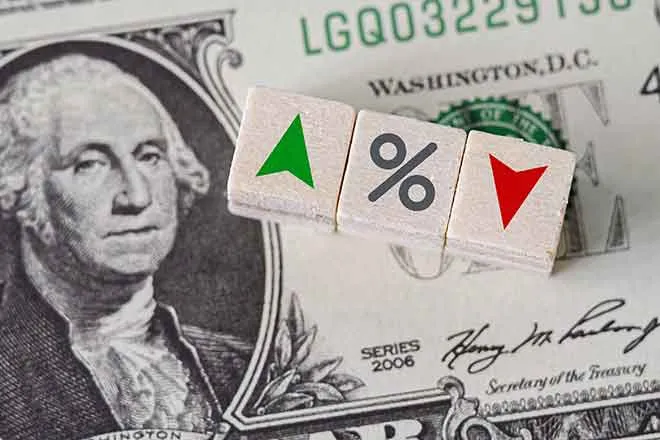
Study: Denver, Colorado Springs housing markets overvalued
(The Center Square) – Homebuyers in the Colorado Springs and Denver markets could be overpaying for their homes, according to a new study by two universities in Florida.
Researchers with Florida Atlantic University and Florida International University analyzed the top 100 housing markets across the country to determine the premium that several homebuyers are paying in the markets.
The study, first reported by Axios Denver, found that homebuyers in the Colorado Springs market are paying a nearly 46 percent premium for homes. As of April 30, the average property value – as determined by the Zillow Home Value Index – stood at more than $486,000 compared to an expected price of just $333,000.
Data from the Colorado Association of Realtors (CAR) also shows that the El Paso County housing market, which includes Colorado Springs, is struggling to gain inventory. In April, the county had just 0.7 months of housing supply listed for sale, which is the same supply level the market had in April 2021.
For comparison, the Federal Reserve Bank of St. Louis defines a “healthy” housing market as one that has at least six months of available supply.
Homebuyers in Denver’s market are paying an approximate 38.4 percent premium for their homes, according to the study. The average price for a home in Denver stood at more than $633,000 in April compared to the expected price of just $461,000.
Denver is struggling to increase its housing supply with just 0.6 months of available homes, according to CAR data. That total represents a drop of more than 14 percent year-over-year. Meanwhile, the average time a home stays on the market has dropped by 30 percent to just seven days.
Ken Johnson, an economist at Florida Atlantic University, said housing markets across the country are heading for a slowdown.
“Near-record-low mortgage rates helped fuel demand for housing, especially during the pandemic, and the competition for homes pushed prices higher,” he said. “But now the Federal Reserve is raising rates to curtail inflation, and already that’s cooling demand.”
“If we’re not at the peak of the current housing cycle, we’re awfully close,” Johnson added. “Recent buyers in many of these cities may have to endure stagnant or falling home values while the market settles – and that’s not what they want to hear if they had planned to resell anytime soon.”















